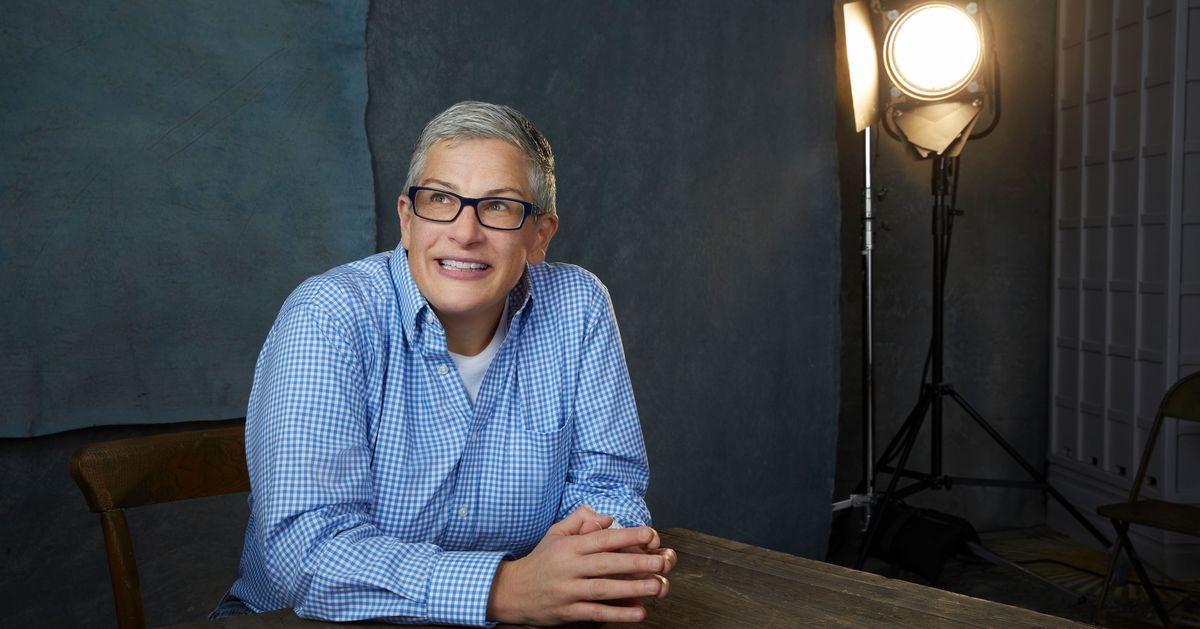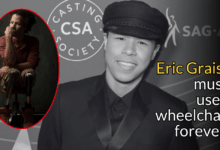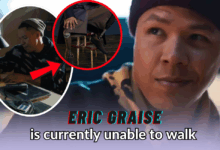In the shadows of Chicago’s vibrant comedy scene, Abby McEnany, a beloved UChicago alum and star of Showtime’s Work in Progress, faced a darkness few could see. Known for her raw humor and fearless vulnerability, McEnany crafted a semi-autobiographical series that bared her soul—tackling mental health, identity, and the chaos of queer life with a mix of laughter and gut-wrenching honesty. But behind the spotlight, a silent battle raged, one that nearly consumed her. A suicide note, penned in a moment of despair, has now surfaced, ripping open a conversation that’s as painful as it is urgent. What drove this comedic genius to the edge, and what can her story teach us about the fragility of the human spirit?

McEnany’s journey was never conventional. A late bloomer, she was 51 when Work in Progress thrust her into the limelight, portraying a character named Abby—a “fat queer dyke” navigating love, loss, and a mental health crisis. The show, lauded by critics like Emily Nussbaum for its “salty vibe” and McEnany’s self-deprecating swagger, wasn’t just art; it was a mirror to her soul. From her first panic attack at age five to therapy by eighth grade, McEnany’s life was a tapestry of triumphs and torment. Her humor, honed in Chicago’s improv scene, became a lifeline, a way to laugh through the pain of her mother’s death and her own struggles with OCD and depression. Yet, even as she made audiences roar, the weight of her inner demons grew heavier.

The note—its contents shrouded in mystery—marks a chilling turning point. It wasn’t just a cry for help; it was a confession of a soul teetering on the brink. Those close to McEnany describe a woman who poured her pain into her work, using comedy to confront issues rarely seen on TV: suicide, therapy, and the anxiety of existing as a gender-nonconforming person. But what happens when the laughter stops? The note, discovered after a moment of crisis, forces us to ask: How could someone so open about their struggles still feel so alone? And why, in a world obsessed with connection, do we keep missing the signs?
McEnany’s story resonates far beyond her Chicago stage. Her role in Work in Progress—and later alongside Robin Weigert in CBS’s Tracker—showed a woman unafraid to be messy, real, and profoundly human. Yet, her note reveals a hidden truth: even the loudest voices can feel silenced. This isn’t just about one woman’s pain; it’s a wake-up call. Suicide rates are rising, and mental health stigma persists. McEnany’s bravery in sharing her story, even at its darkest, challenges us to listen—to really hear—the silent screams of those around us.
What secrets lie within her words? How did a woman who turned pain into art come so close to losing herself? As we unravel the mystery of Abby McEnany’s note, we’re forced to confront our own role in this painful conversation. Will we finally learn to see the battles fought in silence, or will we let another voice fade away?




